
Headquartered in Vadodara, Gujarat, Deepak Foundation brings together multidisciplinary teams driven by passion, professionalism, and a shared purpose. Registered under the Bombay Public Trust Act 1950 (E.3122-BARODA), the Foundation has grown significantly since its inception. Established in 1982 with the vision of providing medical and healthcare services to workers’ families and the local community near the Nandesari industrial area, the Foundation today operates across six states—Gujarat, Maharashtra, Telangana, Madhya Pradesh, Jharkhand, and New Delhi.
Mangroves
Mangroves, though covering less than 1% of the Earth’s surface, are vital ecosystems that protect 75% of tropical coastlines across 112 countries. Rich in biodiversity, with over 50 species, mangroves act as natural barriers against storms, reduce coastal erosion, and store up to 1,025 metric tons of carbon per hectare—providing ecosystem services valued at $194,000 per hectare annually. India hosts 3.1% of the global mangrove cover, with major concentrations in West Bengal, Gujarat, and the Andaman & Nicobar Islands. In Gujarat’s Dahej region, nearly 80% of the 10–15 km coastline is devoid of mangroves, making restoration critical not only for biodiversity and climate resilience but also for strengthening local livelihoods. Reviving these coastal forests is essential for sustaining both people and the planet.
Deepak Foundation’s initiative aims to secure the coastline and preserve biodiversity along the South Gujarat coast in Dahej district through mangrove restoration driven by community participation. The project focuses on restoring 50 acres of mangrove cover across the coastal stretch of Jageshwar, Paniyadra, and Aladar villages, creating a natural buffer against erosion, storms, and climate-related threats. A key objective is to sensitize and engage local communities in the restoration and long-term management of these ecosystems, fostering ownership and environmental stewardship. Additionally, the project seeks to document measurable changes in biodiversity and capture both the tangible and intangible benefits experienced by the community before and after restoration, providing a replicable model for community-led coastal resilience.
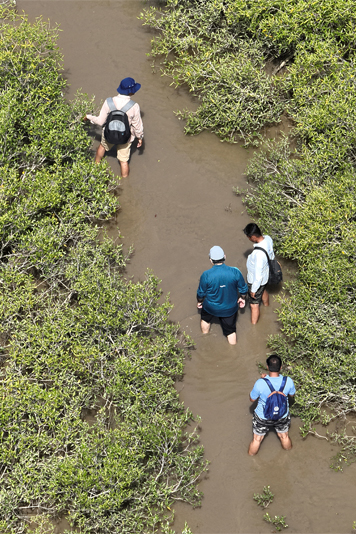
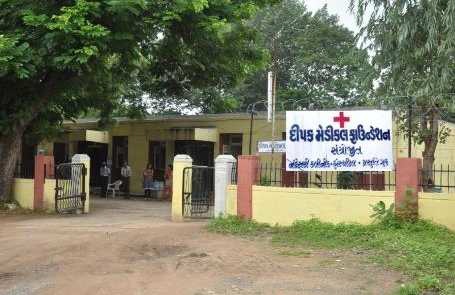
Established Deepak Medical Foundation at Nandesari, GIDC area of Vadodara District, Gujarat
Established Deepak Charitable Trust(Bombay Public Trust Act 1950 (BOM.XXIX of 1950) Reg # E.3122-BARODA)
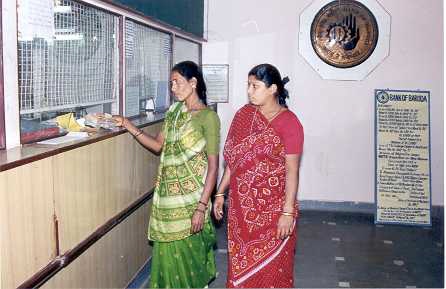
Promoted socio-economic development of the communities through women’s savings & credit groups
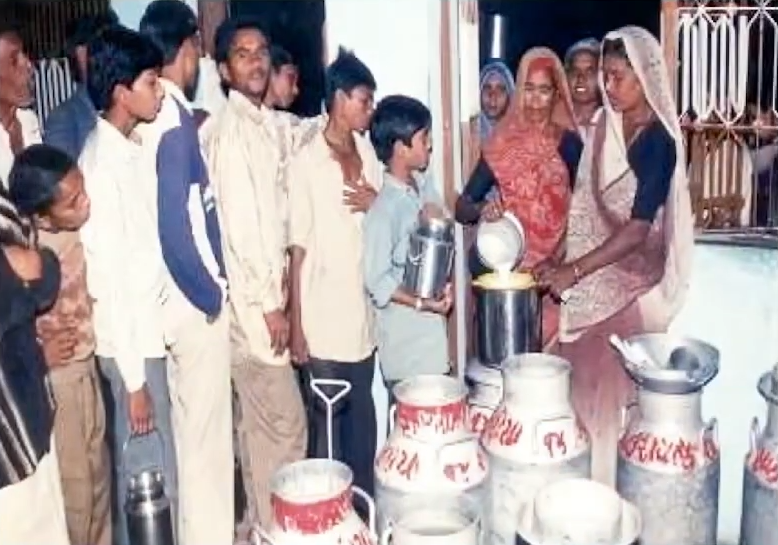
Established the first Women’s Dairy Cooperative in Nandesari Area, Vadodara, Gujarat
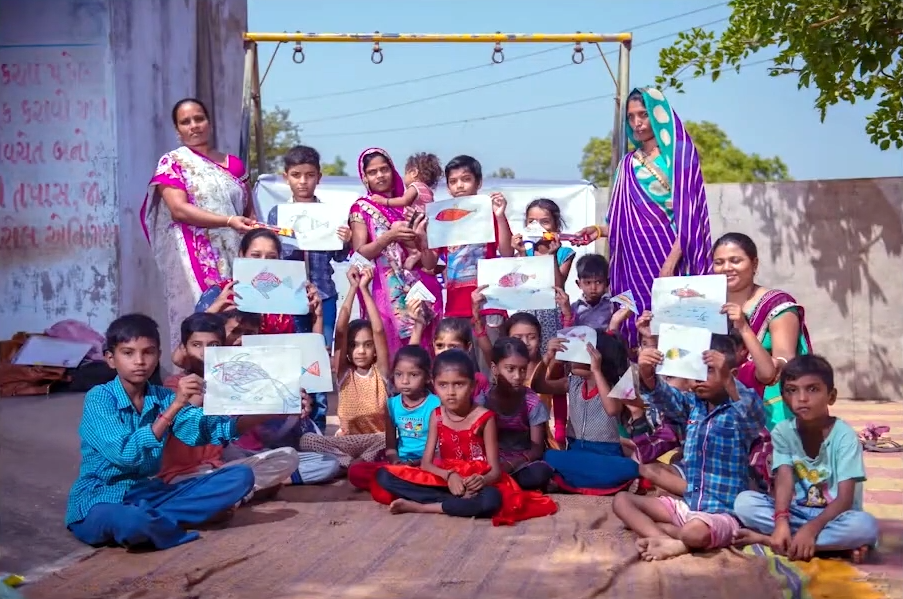
Undertook operations & management of 40 Anganwadis under ICDS with Dept. of WCD and now managing 65 AWCs
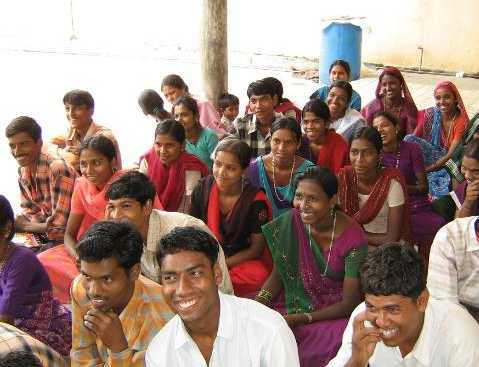
Initiated HIV/AIDS prevention intervention in Nandesari area of Vadodara district with GSACS
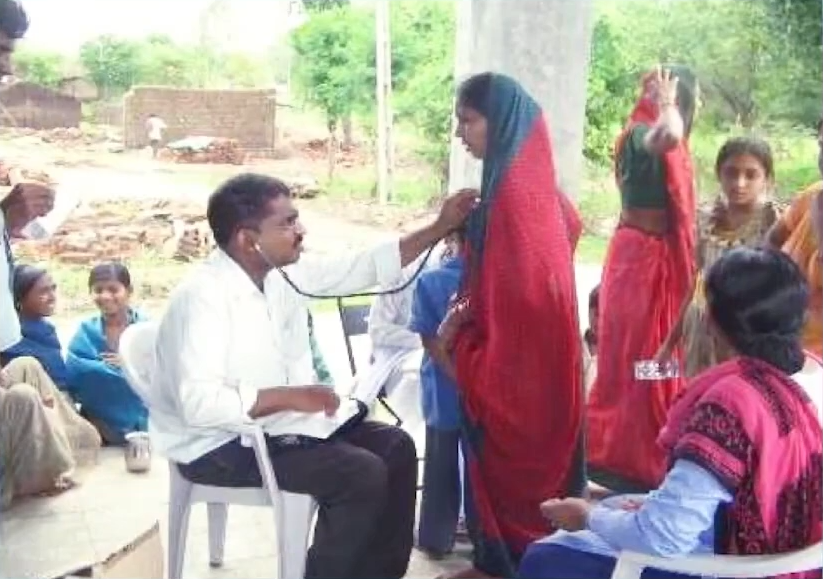
Undertook post-earthquake rehabilitation activities, Livelihood restoration in Surendranagar “SNEHAL” with CARE
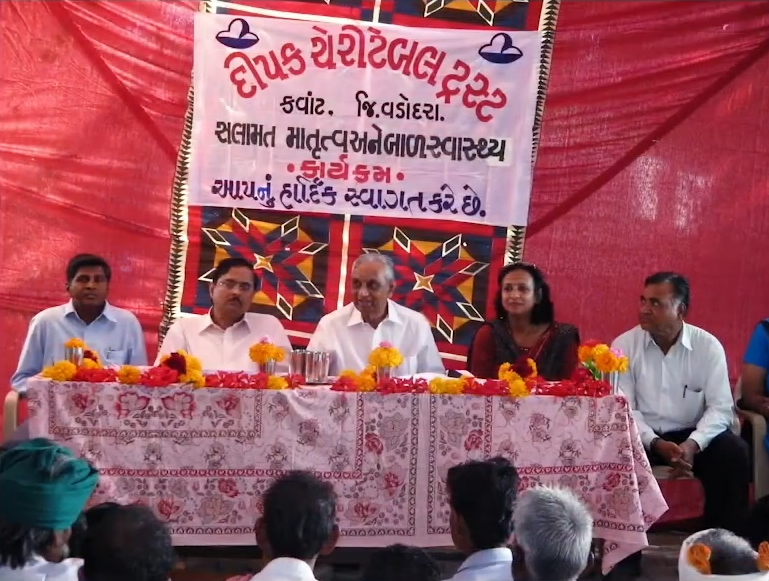
Undertook SMCS project as PPP project with DoHFW, GoG to reduce infant and maternal mortality in Vadodara district
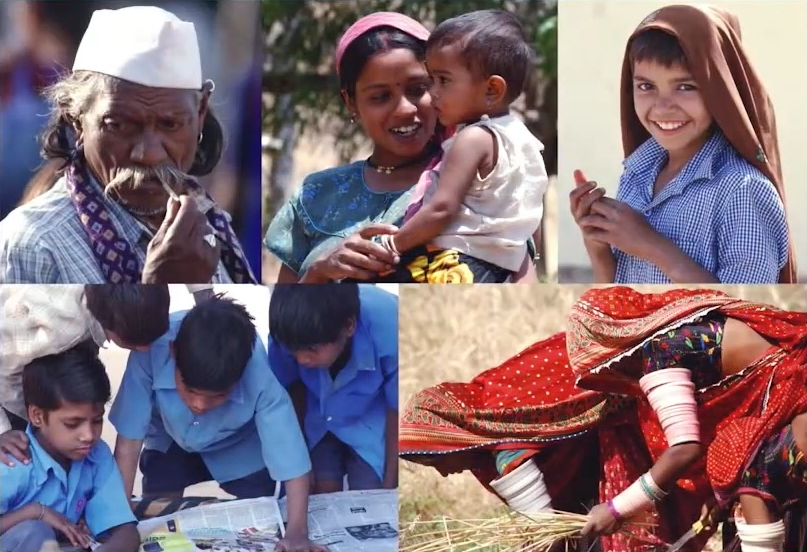
Initiated KALP under the Vanbandhu Kalyan Yojana in Kawant block of Vadodara as PPP project with Tribal Development Dept., GoG
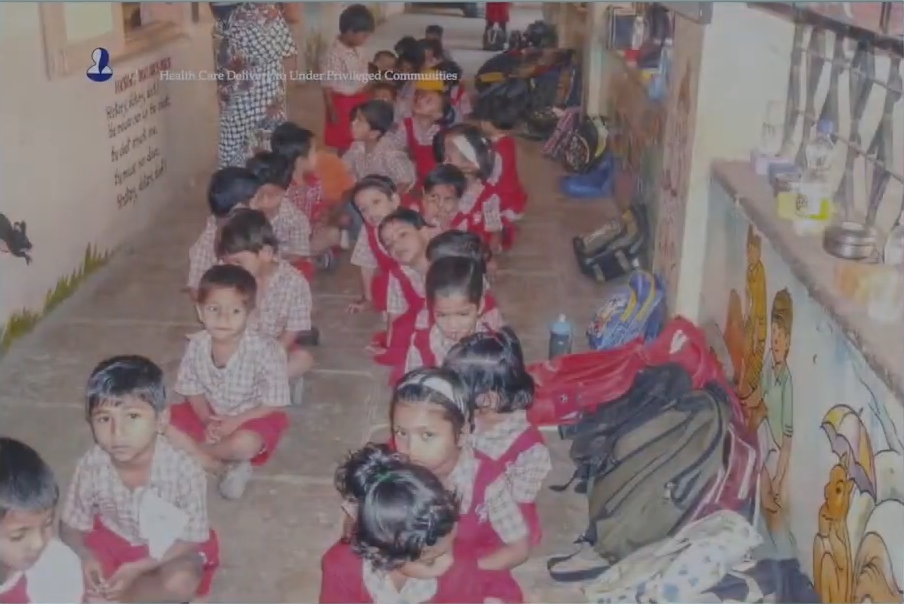
MoU signed with PMC & School Board to implement Balwadi program in Pune, Maharashtra
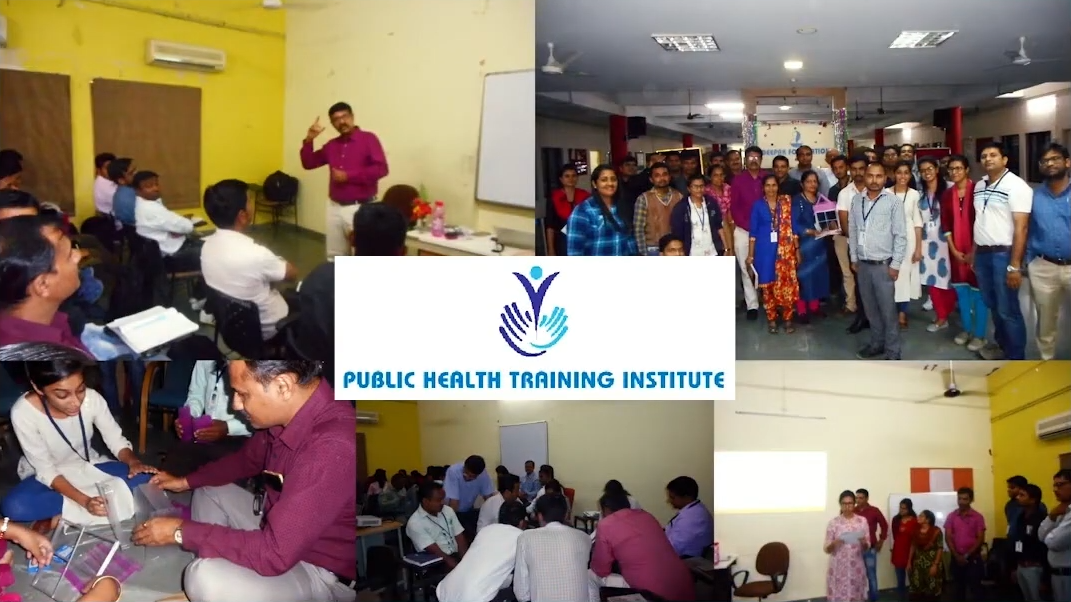
Setting up Public Health Training Institute
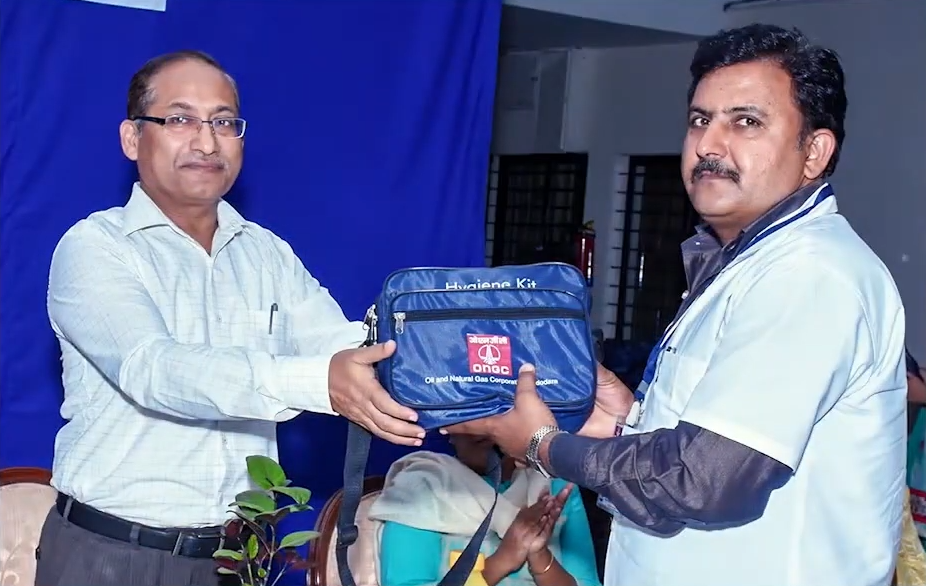
Carved out “Samdhan” to provides consultancy services on Corporate Social Responsibility for other industries
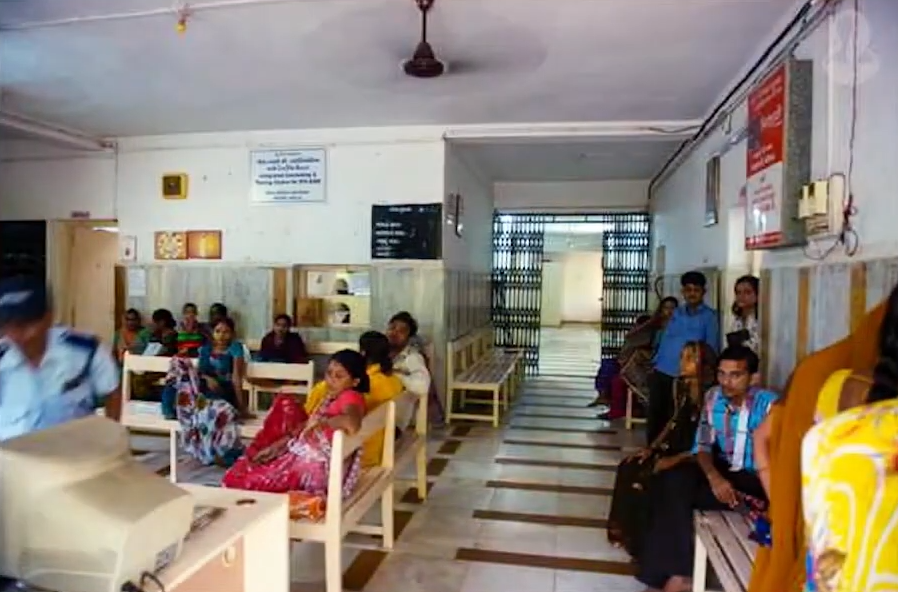
1) Affiliated for Skills Training with Sector Skills Council of NSDC & NCVT 2) Launched Deepak Occupational Health Centre (DOHC) for welfare of employees of various industries at Nandesari area, Vadodara..
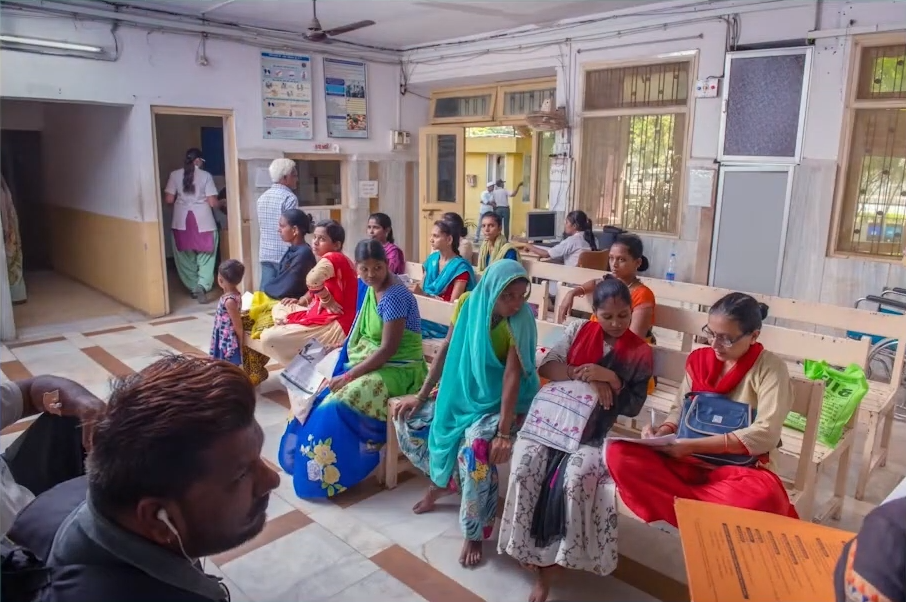
MoU with Department of Public Health and Family Welfare, Government of Madhya Pradesh (GoMP) for CEmONC at Alirajpur District, MP.Pradesh
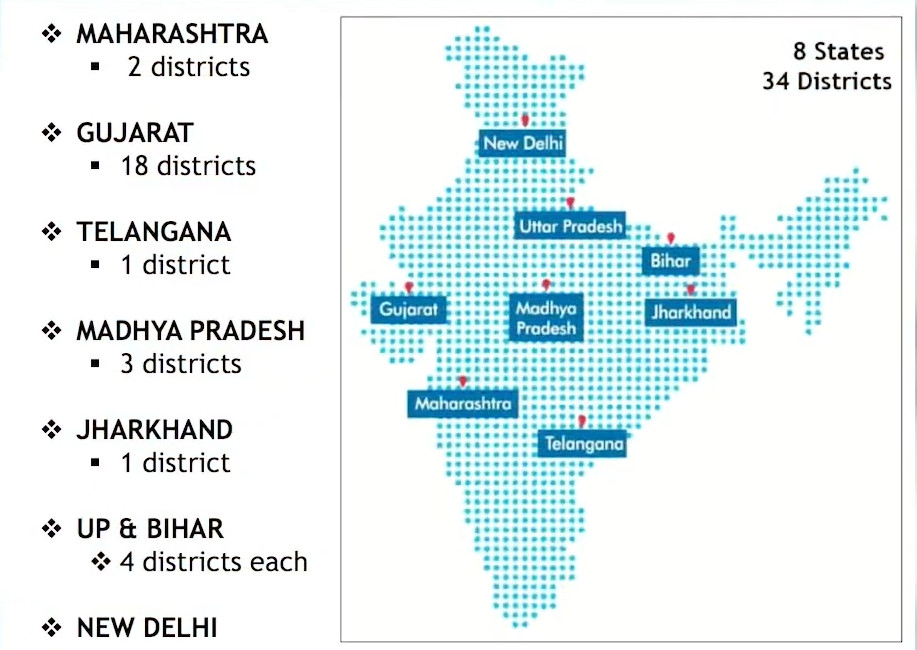
Expanded services and branch offices in 8 States in India to establish pan-India presence
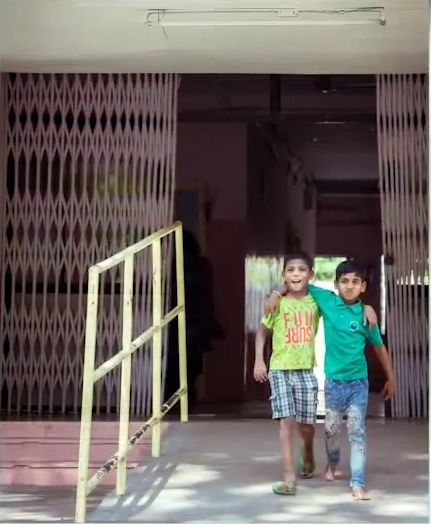
Focus on innovative initiatives like mobile library facility, business models for livelihood promotion in rural areas and started Sankul project with in partnership with GoG
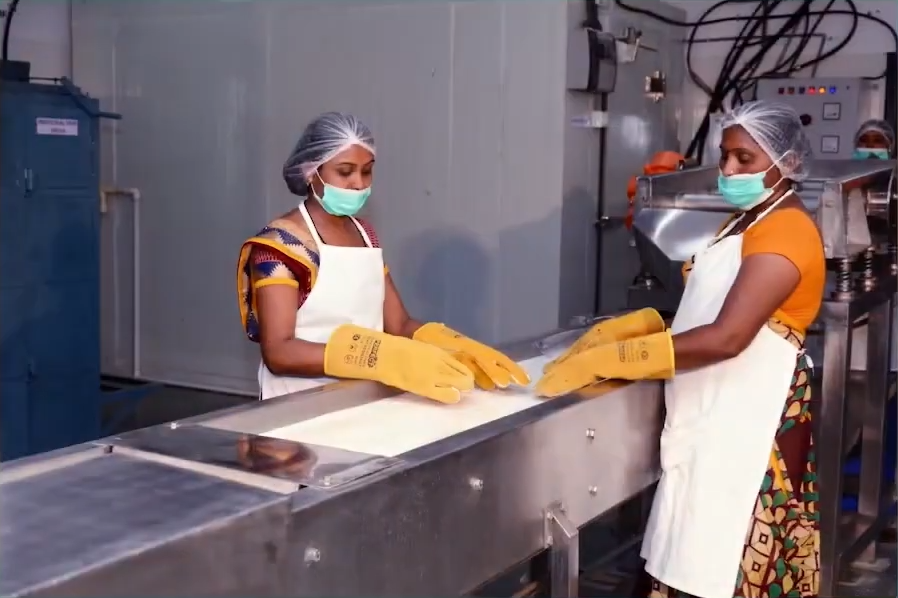
Started Project Paripurna
Forged partnerships with various corporate clients across several social sectors
(i) Expanded services in Madhya Pradesh in 22 districts [initiated Patient Provider Support Agency (PPSA) under National Tuberculosis Elimination Programme (NTEP)] (ii) Expanded services in Haryana, Rajasthan
(i) Initiated Project Karuna for Setting up Palliative Care Facilities for cancer patients referred from SSG Hospital, Vadodara (ii) Empaneled with NCDC, NAFED and NABARD as one of the Cluster Based Business Organization (CBBO) under Central Sector Scheme for Formation and Promotion of 10,000 Farmer Producer Organizations (FPOs) across various locations
Initiated Skill Upgradation Centre at Dahej-2, Bharuch district
State
UNION TERRITORIES
District